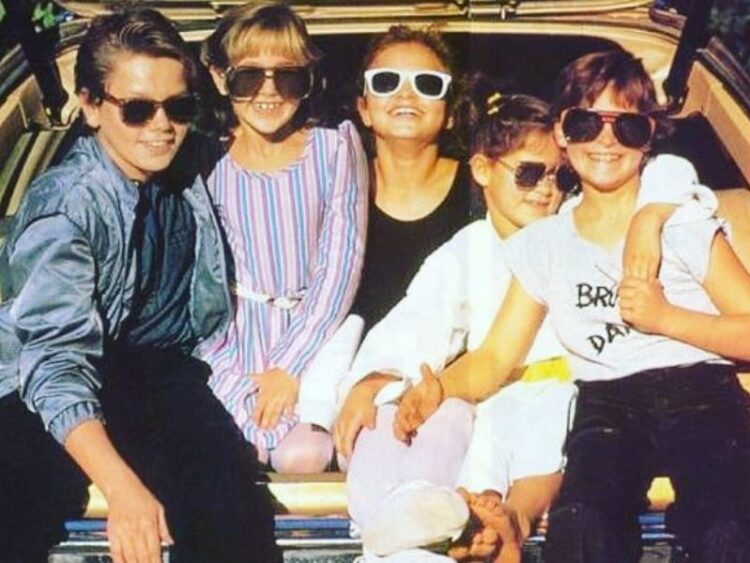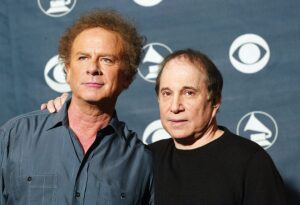Roberta Flack Killing Me Softly: The Story Behind the Timeless Classic
Introduction
Few songs in music history have resonated as deeply as “Killing Me Softly with His Song”, and Roberta Flack’s rendition remains the most iconic. The song, originally written in 1972, became a global sensation through Flack’s soulful interpretation, earning her a Grammy and cementing her place as one of the greatest vocalists of all time. This article explores the origins, impact, and legacy of “Killing Me Softly,” focusing on Roberta Flack’s role in making it an everlasting hit.
The Origins of Killing Me Softly with His Song
The song was originally written by Charles Fox and Norman Gimbel, with inspiration from Lori Lieberman. Lieberman was reportedly moved by a Don McLean performance, which led her to write a poem capturing the depth of her emotions. Fox and Gimbel adapted this poem into a full song, and Lieberman was the first to record it in 1972.
However, the song didn’t gain widespread recognition until Roberta Flack discovered it. While flying on a plane, Flack heard Lieberman’s version and was instantly captivated by its lyrics and melody. She felt a deep personal connection to the song and decided to record her own version with a unique arrangement.
Roberta Flack’s Rendition: A Game-Changer
Roberta Flack reworked Killing Me Softly to fit her distinctive style. Unlike Lieberman’s folk version, Flack’s interpretation incorporated elements of soul, jazz, and R&B, making it more expressive and emotionally compelling.
Her version featured:
- A slow, dramatic build-up that drew listeners in
- A shift in structure, starting with the chorus rather than the verses
- Smooth, lush orchestration that enhanced the song’s emotional depth
- The now-famous “La, la, la” vocal section, which became an unforgettable hallmark of the track
Flack’s soulful and mesmerizing rendition was released in January 1973 and quickly became a worldwide hit.
Chart Success and Awards
Upon its release, Killing Me Softly with His Song dominated the charts:
- It spent five consecutive weeks at No. 1 on the Billboard Hot 100.
- It also topped the Billboard Easy Listening and R&B Singles charts.
- The song won two Grammy Awards in 1974: Record of the Year and Best Female Pop Vocal Performance.
- It became one of the defining songs of the 1970s, further solidifying Flack’s reputation as a powerhouse vocalist.
The Song’s Lyrical and Emotional Impact
One reason Killing Me Softly remains timeless is its deeply personal lyrics. The song tells the story of a listener feeling profoundly moved by a singer’s performance, as if he were narrating her life’s emotions. This universal experience made it relatable to countless listeners.
Flack’s vocal delivery added even more depth, evoking vulnerability, passion, and nostalgia. The way she drew out each lyric made it seem as though she was singing directly to each listener, a quality that made the song feel deeply personal and intimate.
Influence on Future Generations
Flack’s Killing Me Softly influenced numerous artists and has been covered multiple times. The most famous reinterpretation came in 1996 when the Fugees released their hip-hop-infused version, featuring Lauryn Hill on lead vocals. Their version:
- Became an instant classic, introducing the song to a new generation.
- Won a Grammy for Best R&B Performance by a Duo or Group.
- Reached No. 1 in multiple countries and topped the U.S. Hot Rap Songs Chart.
The Fugees’ success reaffirmed the song’s universal appeal and showcased how it could transcend musical genres while retaining its emotional power.
The Legacy of Roberta Flack and Killing Me Softly
Lasting Popularity
Even decades after its release, Killing Me Softly with His Song remains an essential track in music history. The song has been featured in movies, television shows, and commercials, ensuring its continued relevance.
Roberta Flack’s Career Beyond Killing Me Softly
While Killing Me Softly is one of her most famous songs, Flack’s career spans several other hits, including:
- The First Time Ever I Saw Your Face (which won her a Grammy in 1973)
- Feel Like Makin’ Love
- Where Is the Love (with Donny Hathaway)
Flack’s influence in the music industry is undeniable, and her ability to blend jazz, soul, and folk set her apart as a legendary artist.
FAQ
Who originally wrote Killing Me Softly with His Song?
The song was written by Charles Fox and Norman Gimbel, with inspiration from Lori Lieberman’s personal experience at a Don McLean concert.
How did Roberta Flack discover Killing Me Softly?
Flack first heard the song while on a plane and was deeply moved by its lyrics and melody. She later decided to record her own version with a unique arrangement.
How successful was Roberta Flack’s version of Killing Me Softly?
Her version topped the Billboard Hot 100 for five weeks and won two Grammy Awards, making it one of the most successful songs of the 1970s.
What other artists have covered Killing Me Softly?
The Fugees’ 1996 version featuring Lauryn Hill is the most famous reinterpretation. The song has also been covered by numerous artists across different genres.
What makes Killing Me Softly a timeless song?
The song’s deeply personal lyrics, emotive vocal performance, and universal theme of being profoundly moved by music contribute to its lasting appeal.
Conclusion
Roberta Flack’s rendition of Killing Me Softly with His Song is more than just a cover—it is a reinvention that elevated the song to timeless status. Through her emotive performance and unique arrangement, Flack transformed an already moving song into an unforgettable masterpiece.
The song’s influence can still be felt today, as new generations continue to discover and appreciate its heartfelt lyrics and soul-stirring melody. Whether through Flack’s original, the Fugees’ remake, or other covers, Killing Me Softly continues to captivate audiences worldwide.
For anyone exploring the golden era of music, Roberta Flack’s Killing Me Softly remains an essential listening experience, a testament to the power of music to connect, move, and inspire across time.
You may also read: The Best Resource for Choosing Baby Names: Mommy and Love?













